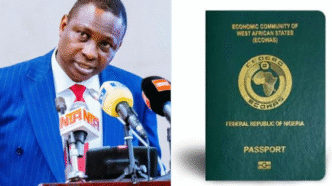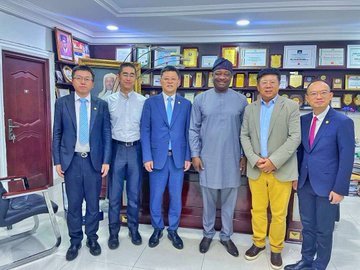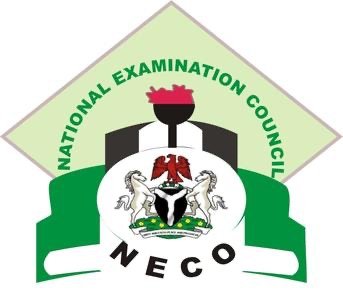Abuja, Nigeria – September 17, 2025 – The Economic and Financial Crimes Commission (EFCC) has attributed the increasingly stringent visa requirements placed on Nigerian citizens by foreign governments to the growing cases of internet fraud and money laundering originating from the country.
During a recent media briefing, the anti-graft agency expressed concern over the negative global image Nigeria continues to suffer due to the rising number of cybercrime cases involving its citizens. According to the EFCC, these criminal activities have played a significant role in how Nigerian passport holders are now perceived abroad, resulting in tougher immigration protocols and delays in visa approvals.
“The actions of a few have unfortunately cast a shadow over the integrity of the majority,” an EFCC spokesperson stated. “We are working tirelessly to combat internet fraud, popularly known as ‘Yahoo Yahoo,’ and other forms of financial crimes, which have contributed to the distrust foreign nations now associate with Nigerian travelers.”
Visa restrictions on Nigerians have been a growing concern, with several countries either tightening entry requirements or increasing background checks for Nigerian applicants. In some cases, visa processing times have been extended, while in others, outright denials have surged.
The EFCC noted that many of the suspects arrested in recent months have been young individuals involved in romance scams, identity theft, and unauthorized transfers of funds. These crimes, often committed digitally, have not only led to financial losses globally but have also prompted foreign embassies and immigration authorities to review their policies regarding Nigerian nationals.
As part of its strategy to restore international trust, the EFCC says it is ramping up collaboration with international law enforcement agencies and financial institutions to trace illicit transactions and prosecute offenders swiftly. The commission is also intensifying public awareness campaigns aimed at educating young Nigerians on the consequences of engaging in internet fraud.
Nigerians, particularly those planning to travel, have expressed frustration over the visa hurdles, with many calling for more decisive action against cybercrime to improve the country’s global image.
The EFCC has urged citizens to support its efforts by reporting suspicious activities and staying away from illegal schemes, stressing that only collective responsibility can help reverse the current trend and pave the way for easier international mobility for law-abiding Nigerians.














